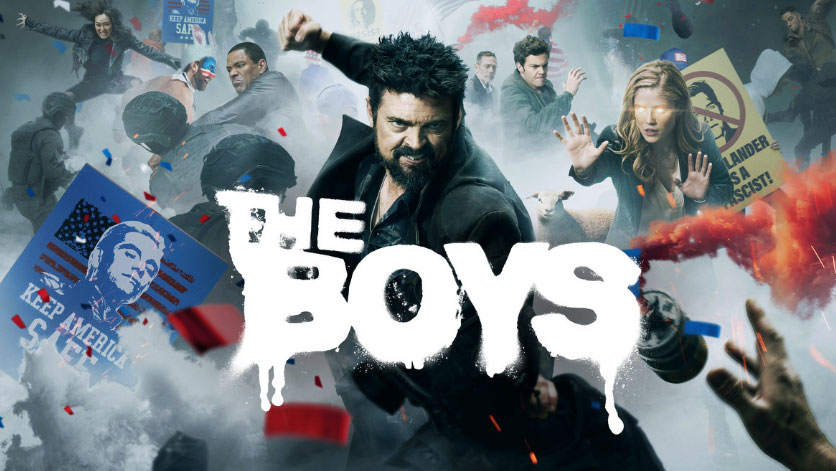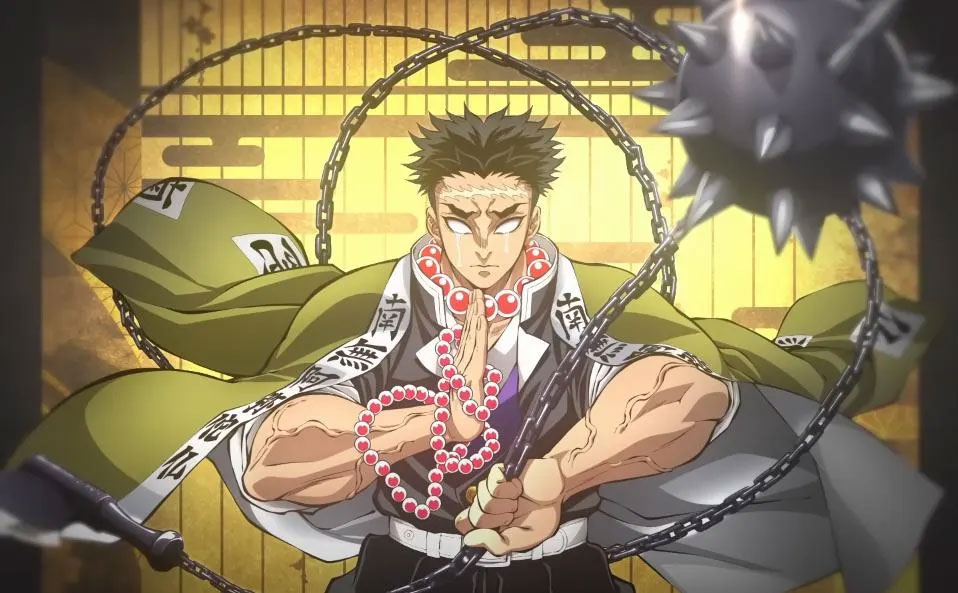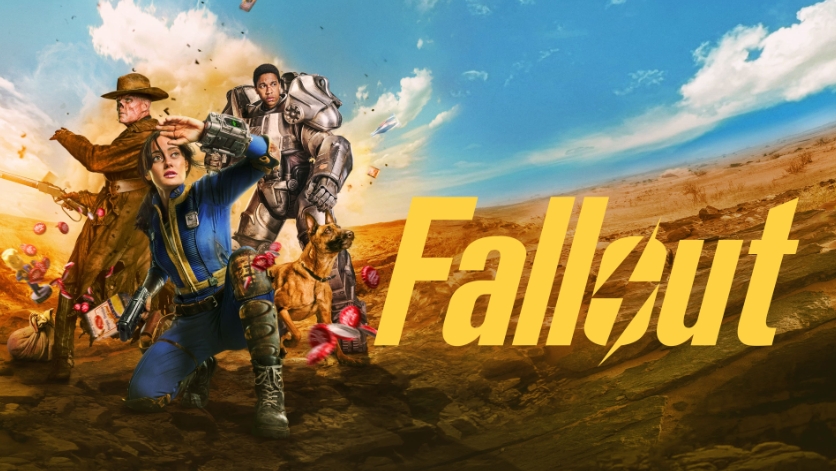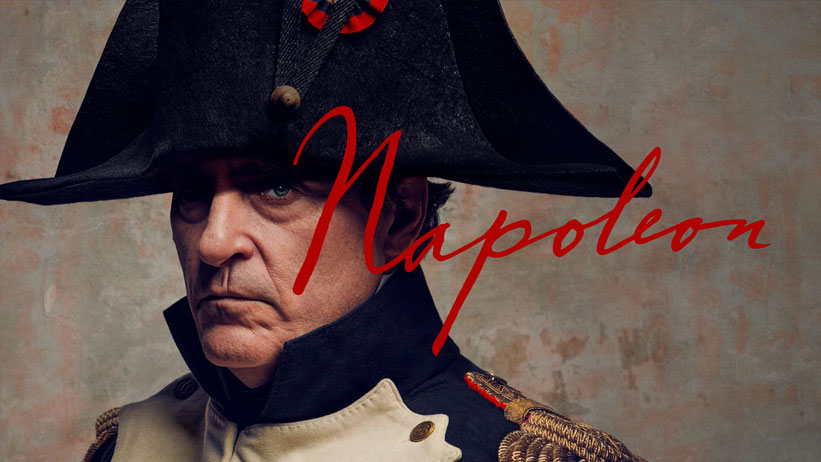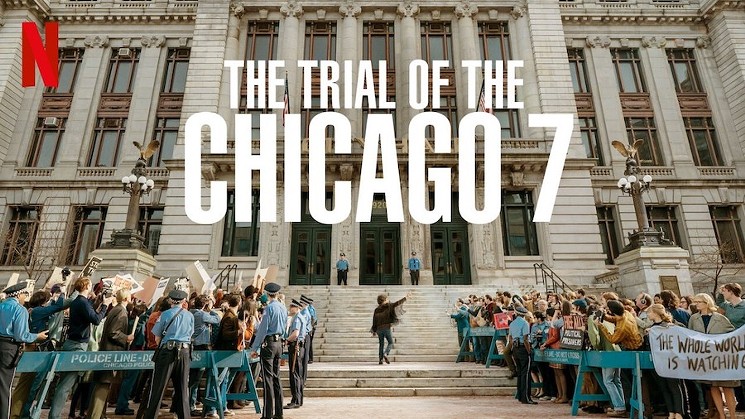
Anti-war, affirmative action, liberal, leftist, political strife, finger-pointing, all of these elements have been arranged in a very high concentration in the film.
Similarly, a rough look at the film, the audience will quickly get the classic American law, sharp court debate, humanity is brilliant, justice finally wins and other feelings.
But when we think about it, when we're not talking about the ideals of directors and screenwriters, the portrayal of actors and characters, the Oscar prospects. I think the whole film is basically a warning from Hollywood for the average American.
For the Western world, freedom, democracy, human rights are generally very universal truths. But these concepts from above have to be felt by the public in some way. In this situation, the ordinary people in the Western world can probably cite the right to vote, protection of rights, justice and so on. For Americans in particular, trust, respect, and reverence for the law and the legal system is a tradition that dates back even to the day of American independence. This is why we can see so many wonderful American legal TV and film works.
From the outset, however, the film tells viewers that, sorry, the court you're about to see is neither a Courtroom on Legal Boston nor a courtroom on Law & Order. In this film, all the way up to the Justice Department in Washington, DC, and down to the federal courts in Chicago, the administrative system is being served with all its might; The independence of the judiciary under the principle of separation of powers has vanished. Well, isn't it similar to today? Well, what happens when the American justice system is completely reduced to an administrative hawk?
1. Your jury is isolated. In other words, their sources of information are confined to the courtroom and can be guided. Well, you might think, there might be one or two people who have a conscience in favor of the defendants. Sorry, the prosecution could just try to get them off the jury.
2. The trial can begin without your lawyer. The black defendant is used as an example in this regard, but it doesn't take a great deal of wisdom to realize that people are treated so unfairly not just because of the color of their skin, but for any other reason in this new age.
3. Even if you had lawyers, no matter how skilled, could you resist the constant protests from the prosecution and judges?
4. You think you have the key witness, but that witness will be able to appear in court? The example used here is a former attorney general. The reason for the current Justice Department's protest, of course, is the risk of leaks from former government officials testifying. How about that? Just like the big show at the end of last year. This film is for the defense to tell you directly: if this argument is true, any member of the United States government may refuse to testify. It doesn't take much wisdom, either, to worry that by not testifying, you won't be able to get indicted.
5. Ok, your witness has finally been allowed to testify, no problem, I can recuse the jury for a while
All in all, the trial in the film is a Show in every sense of the word. The purpose of the trial from the beginning is to make an example of others, and all objective conditions are to make the defendant convicted. The principle of presumeption of innocence, which is regarded as the most fundamental principle in the judicial circle, has been thrown into the dustbin.
From these aspects, the deep meaning of the film's topic selection is extremely damaging. Netflix to mechanical or affirmative/civil rights issues to promote liberal views, but chose the judicial system, this at least for now or in the United States across factions, cross-party view point to alert, told the American people, if you don't want to let this fundamental faith, this really can use the lighthouse to do the light of the metaphor is destroyed, After two weeks it will be obvious what you want to do.


